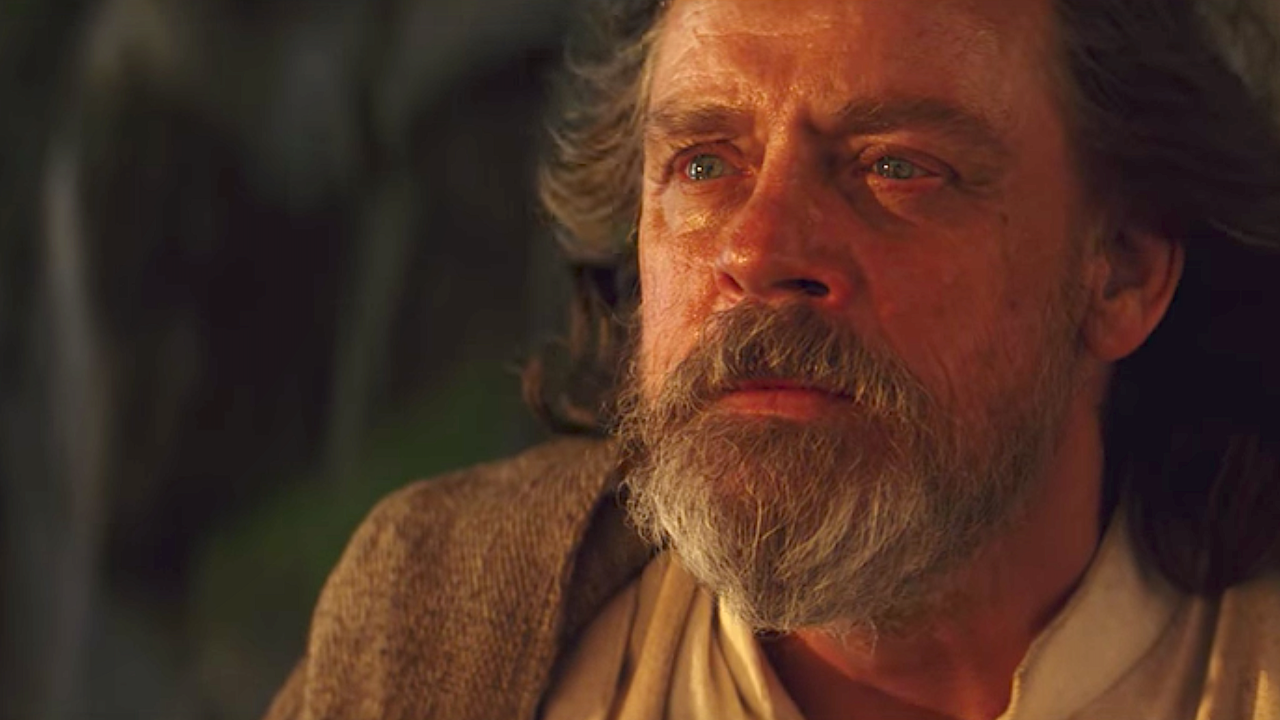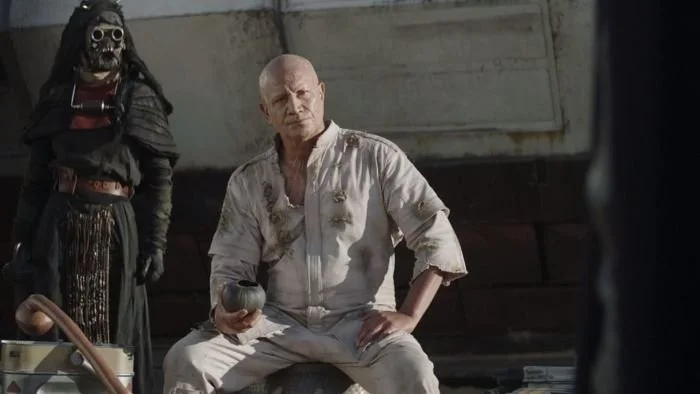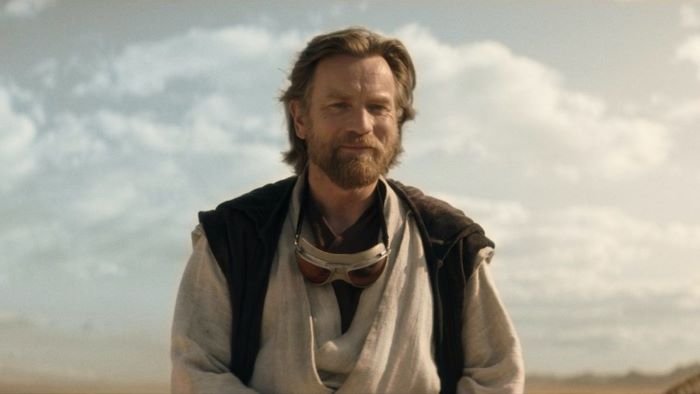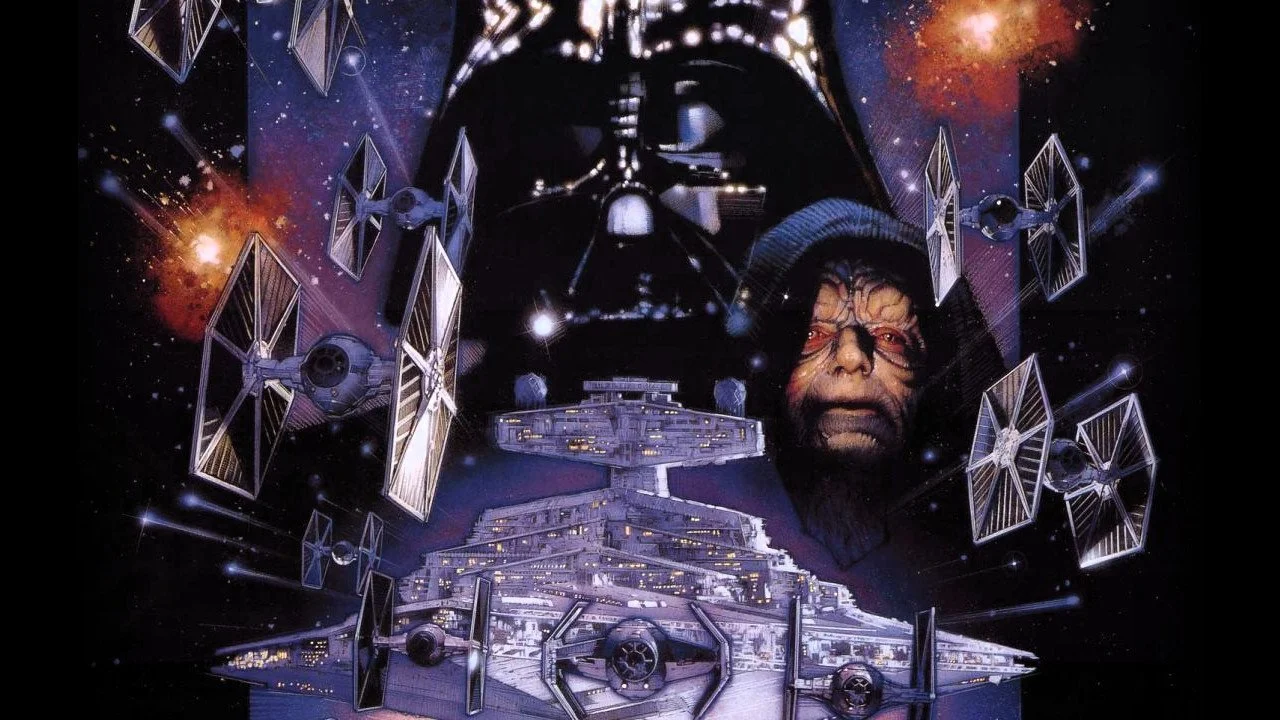Why It's Ok To Not Like EVERYTHING 'Star Wars'
Image Source: Esquire
Only two things can be counted on in this world: death, and disagreement in the Star Wars fandom. The cycle is familiar. A new Star Wars project is announced, and fan theories start circulating rapidly. The new media ends up different from fan expectations and is either blamed for “ruining” the franchise, or, even more annoyingly, hailed as the “only” good media Star Wars has ever produced. A new project is announced. The cycle repeats.
When the prequel trilogy was released, fans and critics alike denigrated the trilogy as an affront to the so-called purity of the original trilogy, conveniently forgetting that Return of the Jedi was similarly bashed upon its initial release. Years later, more vitriolic hate was leveled at the sequel trilogy. The Book of Boba Fett was not as good as The Mandalorian, which now received new criticism in the wake of the critical acclaim for Andor. It seems that every time a new Star Wars story is introduced, all previous installations are called into question.
RELATED:
As a Star Wars fan, there may be immense pressure to like absolutely everything that the franchise releases. Too often, people are worried about being accused of not being “a real fan” depending on what part of Star Wars they like most. But fandom dissension can be a good thing, because the truth is, not everyone can like every story.
Perhaps no one should expect to. A piece of media that tries to appeal to everyone often appeals to no one. The best stories come from a place of truth, and that sometimes means telling a very specific, intimate story instead of trying to cater to the masses. Andor seems to be doing a good job of painting a different picture of Star Wars through the eyes of one character. There is truth in specificity, and every story has its audience.
Image Source: Leisure Byte
Everyone is allowed to choose what facet of the Star Wars universe they like best. Some may love the political intrigue and Jedi lore of The High Republic, while others might prefer Rebellion-era stories like Rebels and Rogue One. It is even possible to simply enjoy a story despite its flaws, to bask in the fan service and character cameos without analyzing the merit of the plot itself to death.
After the release of Obi-Wan Kenobi, there was much debate online about whether or not the creators “needed” to make the series. It was not the rollicking, cameo-dense, live-action remake of The Clone Wars some were hoping for, but many (this writer included) did need a quieter tale of healing and forgiveness. It might not be everyone’s cup of tea (or blue milk, in this case) but universal acclaim is not the only measure of a story’s value.
Image Source: Nerdist
In a galaxy as infinite as Star Wars, there are many directions a story can go. Ultimately, the stories we get are the stories the creators have chosen to tell, the ones they believe in enough to see through to the end. Every story is not every fan’s perfect theory, nor should it be.
To some, Jar Jar is funny in The Phantom Menace. To others, Rebels is the best animated Star Wars series. Maybe it makes perfect sense that Palpatine returned. Maybe the how is not as important as the why. Maybe whatever it is that first drew you to Star Wars is some nebulous, undefinable feeling that cannot be conjured up by every new story the franchise tells. And maybe—just maybe—some stories are meant to bring someone different than you into the galaxy far, far away.
So, invest your time in whatever Star Wars media appeals to you. If you look hard enough, there is merit to be found in all Star Wars stories—and not just the original trilogy, but the prequels and the sequels, too.
READ NEXT:
Source(s): Star Wars





